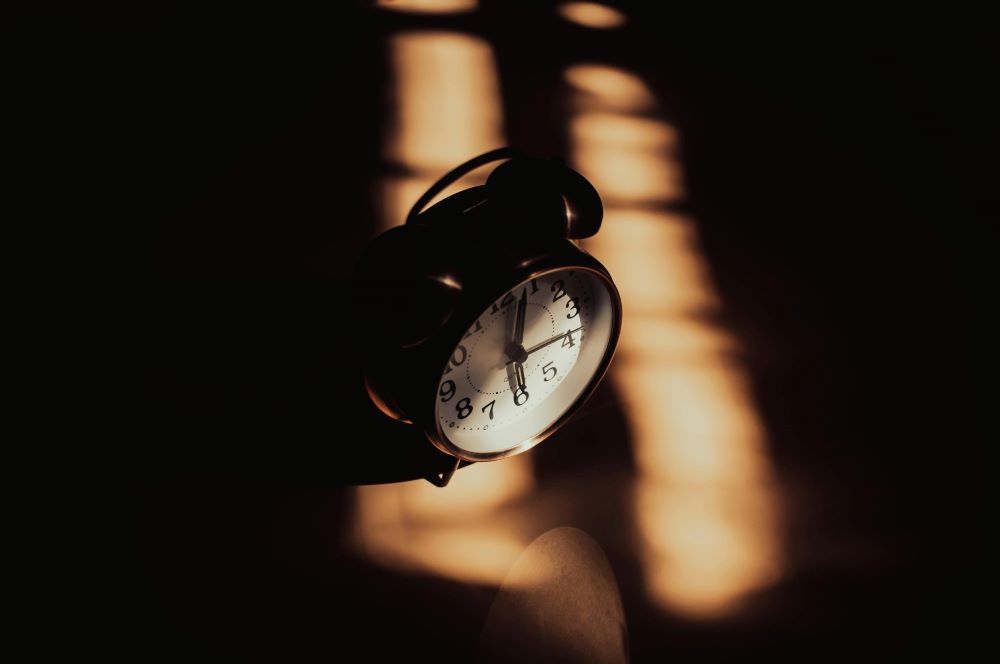Circadian rhythm influences immune responses, offering insights for time-targeted inflammation treatments.
The body’s internal clock, also known as the circadian rhythm, has a significant influence on how the immune system responds to potential threats, according to recent research from RCSI University of Medicine and Health Sciences. The study, published in The FASEB Journal, focused on how specific immune cells, called macrophages, behave differently depending on the time of day. This discovery could help improve treatments for conditions like arthritis, where inflammation plays a major role.
Macrophages are specialized immune cells that monitor the body for harmful substances. When they detect danger, they initiate inflammation as a defense mechanism by forming structures called inflammasomes. These inflammasomes act as sensors, much like smoke detectors, to alert the immune system of potential threats. However, the activation of one inflammasome in particular, called NLRP3, is not constant. Instead, it is influenced by the circadian clock, which governs many bodily functions over a 24-hour cycle.
The research team found that macrophages are more responsive in the morning, with faster and stronger inflammasome activation. This heightened activity aligns with the time of day when humans are typically awake and more exposed to environmental risks, such as infections or injuries. The study also uncovered the important role of mitochondria—the energy-producing structures within cells—in regulating these daily changes. Mitochondria seem to supply the energy macrophages need to operate at peak efficiency during these hours.

Professor Annie Curtis, the study’s lead investigator at RCSI School of Pharmacy and Biomolecular Sciences, explained that this time-dependent behavior might explain why inflammatory conditions, like arthritis, tend to worsen in the morning. She said, “When macrophages ‘think’ it’s morning, their inflammasome activation is quicker and more robust. This means the immune response is heightened during the early part of the day, a time when we are awake and more likely to encounter environmental challenges, such as injuries or infections.”
The timing of immune responses could be linked to the circadian rhythm, which dictates when macrophages are at their most active. This insight provides a clearer understanding of why symptoms flare up during specific times of the day and offers potential pathways for developing better treatments.
Therapies that target inflammasomes or inflammation could become more effective if delivered at the times when immune cells are most active. For example, patients with inflammatory conditions might benefit from medication schedules tailored to align with their circadian rhythms. By optimizing the timing of treatments, it may be possible to achieve better control over inflammation and reduce symptoms more effectively.
Dr. James O’Siorain, who led the study, emphasized the potential for time-targeted therapies to transform how inflammatory diseases are managed, saying, “With these findings, there’s potential to refine treatments for inflammatory conditions. For instance, new therapies targeting inflammasomes could be more effective if administered at specific times of the day when macrophage activity peaks.”
The results may pave the way for new approaches to treatment, helping patients experience relief when they need it most. For conditions like arthritis, where overactive inflammation is a major contributor, this research marks a step forward in understanding how timing influences both disease progression and treatment outcomes. By recognizing how the immune system changes throughout the day, researchers and clinicians can better tailor their approaches to improve patient outcomes.
Sources:
Study explains how the body’s internal clock influences inflammatory process of the immune system
Time‐of‐day control of mitochondria regulates NLRP3 inflammasome activation in macrophages


Join the conversation!